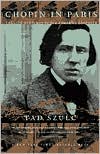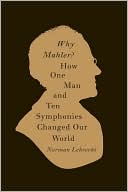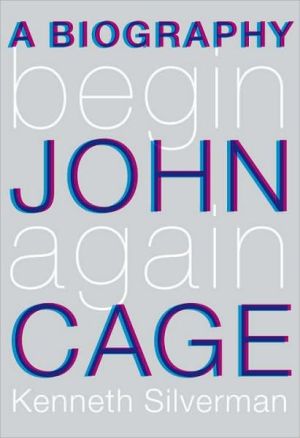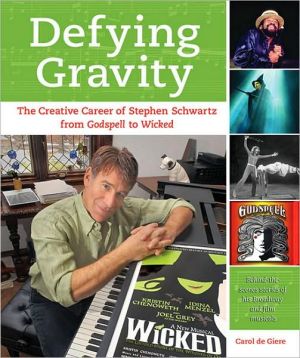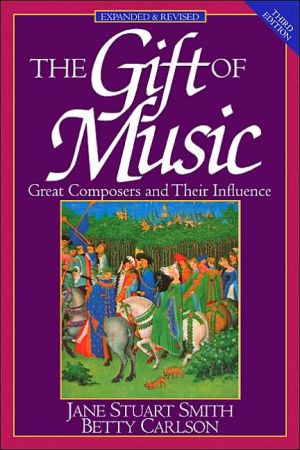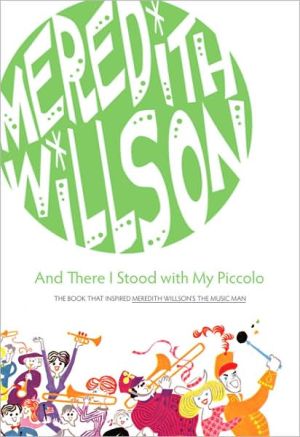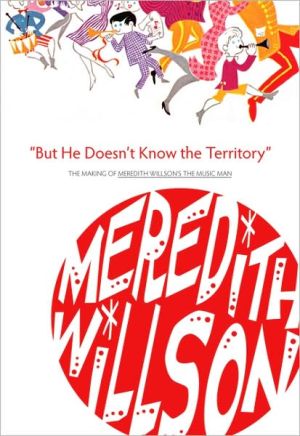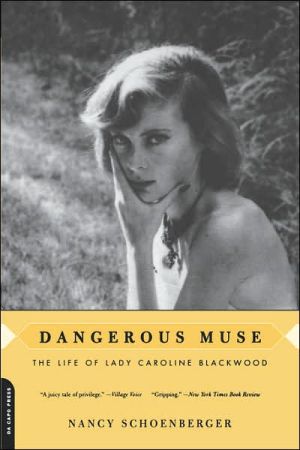Chopin In Paris
Born in Poland in 1810, Chopin emigrated to Vienna at age eighteen—and then to Paris, where from 1831 to 1849 he would spend almost half of his brief and tumultuous life. In Paris his extraordinary powers would reach their height and he would shine among the immensely talented writers, painters, and musicians who were working there and defining their era. Chopin’s other acquaintances ranged from Rothschild to Marx—and it was here that he began his long and stormy relationship with the...
Search in google:
An award-winning writer draws on correspondence and private journals to write the first definitive English-language biography of Chopin, the brilliant composer who spent two decades in Paris. Publishers Weekly An assassin's bullet wounds Pope Gregory XVII, who instructs a Jesuit priest to find out who's behind the murderous plot in Szulc's plodding fictionalization of the mystery surrounding the 1981 assassination attempt on the life of Pope John Paul II. The Jesuit detective is ex-CIA agent Tim Savage, who became a priest after suffering a crisis of conscience while operating death squads in Vietnam. Savage soon realizes that the would-be assassin was a front man for a much more insidious secret group conspiring to kill the pope. Tracing this conspiracy proves improbably easy, since everyone from Turkish terrorists to Muslim imams to Catholic archbishops readily provide clues. Savage's findings are eventually buried by the Vatican, but not before some convenient accidents give the bad guys their just deserts. Szulc (Chopin in Paris), a New York Times foreign and diplomatic correspondent from 1955 to 1972, states in the book's afterword that he uncovered the real-world conspiracy to assassinate the pope while researching material for his 1995 biography of John Paul II. He chose fiction to reveal the truth to the world, he says, "in order to honor commitments of discretion to my principal sources." A noble intention, perhaps, but the resulting book has neither the integrity of journalism nor the drama of accomplished fiction. Static dialogue flattens the characters, and suspense flags. Unless readers have a working knowledge of recent French and Vatican politics, the revelation of the figures behind the assassination attempt will fall largely on deaf ears (especially since Szulc doesn't provide a key matching characters to their real-life counterparts). In addressing such a dire subject with a coy allegory, Szulc masquerades (alleged) fact as fiction, and does a disservice to both. (July) Copyright 2000 Cahners Business Information.\|
Preface9Prelude17Andante: 1810-183725Rondo: 1837-1847143Coda: 1847-1849347Postlude405Appendix413Bibliography417Acknowledgments423Index425
\ Publishers Weekly - Publisher's Weekly\ An assassin's bullet wounds Pope Gregory XVII, who instructs a Jesuit priest to find out who's behind the murderous plot in Szulc's plodding fictionalization of the mystery surrounding the 1981 assassination attempt on the life of Pope John Paul II. The Jesuit detective is ex-CIA agent Tim Savage, who became a priest after suffering a crisis of conscience while operating death squads in Vietnam. Savage soon realizes that the would-be assassin was a front man for a much more insidious secret group conspiring to kill the pope. Tracing this conspiracy proves improbably easy, since everyone from Turkish terrorists to Muslim imams to Catholic archbishops readily provide clues. Savage's findings are eventually buried by the Vatican, but not before some convenient accidents give the bad guys their just deserts. Szulc (Chopin in Paris), a New York Times foreign and diplomatic correspondent from 1955 to 1972, states in the book's afterword that he uncovered the real-world conspiracy to assassinate the pope while researching material for his 1995 biography of John Paul II. He chose fiction to reveal the truth to the world, he says, "in order to honor commitments of discretion to my principal sources." A noble intention, perhaps, but the resulting book has neither the integrity of journalism nor the drama of accomplished fiction. Static dialogue flattens the characters, and suspense flags. Unless readers have a working knowledge of recent French and Vatican politics, the revelation of the figures behind the assassination attempt will fall largely on deaf ears (especially since Szulc doesn't provide a key matching characters to their real-life counterparts). In addressing such a dire subject with a coy allegory, Szulc masquerades (alleged) fact as fiction, and does a disservice to both. (July) Copyright 2000 Cahners Business Information.\|\ \ \ \ \ Library JournalPolitical reporter and biographer Szulc (Fidel, LJ 1/87) based this biography of Chopin's adult years on correspondence and diaries in Polish and French as well as published sources in several languages. Liberally supplied quotations add liveliness to the portrait, but because of gaps in the record (many letters were lost or destroyed) and because Chopin often shielded himself from intimacy with others, emphasis is on Chopin's public persona and his "times." Szulc concentrates on Chopin's relationships with people, leaving discussions of his music to other writers. He relies heavily on earlier biographies for assessment of Chopin's character but makes some speculative judgments of his own, particularly regarding Chopin's sexuality. A supplement to George Marek and Maria Gordon-Smith's Chopin (LJ 9/15/78), with useful information, journalistically presented for a general audience.Bonnie Jo Dopp, Univ. of Maryland Lib., College Park\ \ \ NY Times Book ReviewAn appealing, gossipy chronicle, abounding in detail and based in part on previously untranslated material, by a former diplomatic correspondent of The New York Times.\ \ \ \ \ Paul DriverThough he laments the loss of the preponderance of Chopin's letters home and those to his lover George Sand, he believes that the extant materials make possible not only a reconstruction of Chopin's world, but one at times so chattily immediate that "I had the impression I was interviewing Frederic, George and the others." His journalistic experience has stood him in good stead, as has his command of French and Polish....Its strength lies in the way its steady accumulation of detail allows a picture of Chopin to emerge without the need for too much commentary and analysis. -- Paul Driver\ \ \ \ \ Kirkus ReviewsEmphasizing Chopin's life and times rather than his music, Szulc's biography situates the composer and pianist extraordinaire within the circles of European artists, writers, and others who created the Romantic era. Award-winning journalist Szulc's (The Secret Alliance, 1991, etc.) exploration of Chopin's character focuses on the 18 years he spent in Paris. He sets his inquiry into the broader framework of Chopin's times, stressing the unique environment of budding Romanticism that the musician discovered when he reached Paris. This account is divided into three chronological sections, rather romantically labeled "Andante," "Rondo," and "Coda." The first serves as an introduction to Chopin's Polish-French background and the process by which he effected dramatic entry into French society. Szulc discusses the nature of Chopin's poor physical health and his questionable mental health, foreshadowing the mental crises and debilitating consumption that marked the last years of his short life. Next Szulc turns to the other two "protagonists" of this biography: the Age of Romanticism and George Sand. Chopin's famed seven-year affair with Sand is the stuff of legend, and Szulc admirably brings the two fascinating personalities to life through citations from letters and other biographers. Sand's forceful personality electrifies these pages and almost threatens to overwhelm the enigmatic and far more subtle Chopin. More problematic is Szulc's presentation of Chopin's milieu. His declaration that European Romanticism represented a unique and unprecedented merging of art and politics lacks clarity, as the politics of the moment are only superficially explained. His attempt to set Chopin withinthe Romantic movement isn't much helped by his prose, which intermittently exhibits a highly romantic (and somewhat awkward) tone. Despite stylistic weaknesses, Szulc's book offers a readable account of the most creative period of Chopin's life and of the many geniuses he rubbed shoulders with. He also gives a particularly fine impression of the startling effect that Chopin the pianist had upon his listeners. (16 pages b&w photos, not seen) (Author tour)\ \
